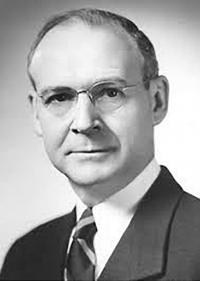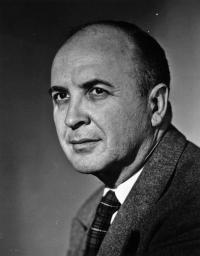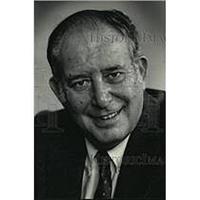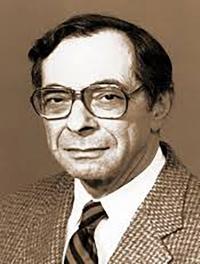History
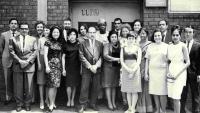
Brief History of the University and the Institute
Columbia University began as King's College, which was founded in 1754 by royal grant of George II, King of England, "for the Instruction of Youth in the Learned Languages, and the Liberal Arts and Sciences." The American Revolution interrupted its program, but in 1784 it was reopened as Columbia College. In 1912 the title was formally changed to Columbia University in the City of New York. King's College organized a medical faculty in 1767 and was the first institution in the North American Colonies to confer the degree of Doctor of Medicine. In 1814 the medical faculty of Columbia College was merged with the College of Physicians and Surgeons, which had obtained an independent charter in 1807. In 1860, by agreement between the Trustees of the two institutions, the College of Physicians and Surgeons became the Medical Department of Columbia College. In 1891 the College of Physicians and Surgeons was formally incorporated as an integral part of the University. Since 1917 women have been admitted to the College on the same basis as men.
